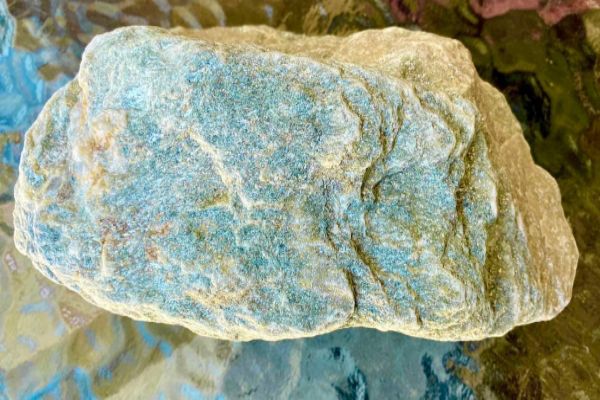Scientists in Australia have developed a sustainable, low-energy technique to extract lithium and other valuable minerals from brine, offering a greener alternative to conventional mining methods.
The process, created by researchers at the Australian National University (ANU), eliminates the need for electricity-intensive systems and costly membranes. Instead, it uses moderate heat from sunlight or industrial waste to extract lithium efficiently while significantly reducing environmental impact and water usage.
A statement released by ANU on Tuesday described the breakthrough as a potential game-changer for the battery manufacturing industry, which depends heavily on lithium.
“Our goal is to replace traditional evaporation ponds—technologies that are thousands of years old—with a method that uses far less land and water,” said Dr. Juan Felipe Torres, Lead Chief Investigator of the study.
Unlike traditional lithium extraction, which relies on large evaporation ponds and extensive land use, the new process concentrates brine without evaporation, conserves both water and land, separates water from ions with high energy efficiency, and offers much faster processing times.
This technique could revolutionise brine-based lithium mining, which is a major global source of lithium for use in electric vehicle batteries, renewable energy storage, and consumer electronics.
The research, published in the London-based journal Nature Water, outlines how the method enables lithium extraction with a significantly smaller environmental footprint.
ANU is now working with U.S.-based Wacomet Water Co. to commercialise the technology globally through a spin-off company called Soret Technologies.
“We are excited to scale this up and offer a more sustainable solution for lithium production around the world,” Dr. Torres said.
As demand for clean energy surges, the new method offers a critical innovation in making battery production more environmentally responsible—marking another step forward in the global energy transition.


